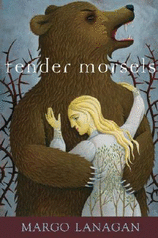 About the book, from the publisher:
About the book, from the publisher:Introducing readers to women whose Civil War experiences have long been ignored, Judith Giesberg examines the lives of working-class women in the North, for whom the home front was a battlefield of its own.Learn more about Army at Home at the publisher's website.
Black and white working-class women managed farms that had been left without a male head of household, worked in munitions factories, made uniforms, and located and cared for injured or dead soldiers. As they became more active in their new roles, they became visible as political actors, writing letters, signing petitions, moving (or refusing to move) from their homes, and confronting civilian and military officials.
At the heart of the book are stories of women who fought the draft in New York and Pennsylvania, protested segregated streetcars in San Francisco and Philadelphia, and demanded a living wage in the needle trades and safer conditions at the Federal arsenals where they labored. Giesberg challenges readers to think about women and children who were caught up in the military conflict but nonetheless refused to become its collateral damage. She offers a dramatic reinterpretation of how Americas Civil War reshaped the lived experience of race and gender and brought swift and lasting changes to working-class family life.
Judith Giesberg is assistant professor of history at Villanova University and author of Civil War Sisterhood: The United States Sanitary Commission and Women's Politics in Transition.
The Page 99 Test: Army at Home.
--Marshal Zeringue
















































